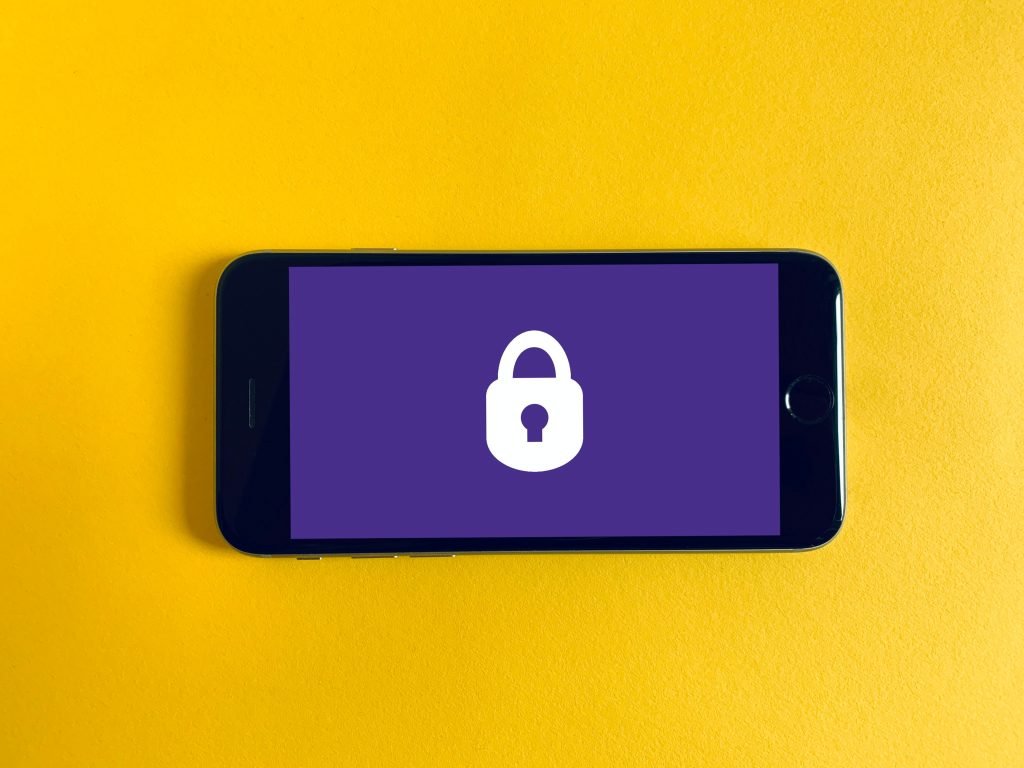Following computer security best practices can safeguard your finances from dubious online opportunists. You don’t need to be a computer expert or hacker to perform the following actionable steps.

Strong passwords and good habits are just the beginning. Our Sydney cybersecurity team helps you lock down your systems properly — protecting your data, your devices, and your peace of mind.
Explore Our Cybersecurity ServicesUse Unbreakable Passwords
It may seem comical to think that people still use passwords like ‘password,’ ‘qwerty,’ their birth-year or even just ‘1234.’ But every year reports are published which state that many in fact still use these ridiculously crackable phrases to guard their precious data.

‘Dictionary attacks’ are among the most common password attempts. This is where a computer attempts to input every word and combinations of words from the dictionary as your password. So it’s good to have something more complex than words.
The National Institute of Standards and Technology (NIST) in America has some rules of thumb for best computer security practics. Their password complexity standards state users should choose passwords that are at least 8 characters long and contain a variety of character types.
However, it may be more helpful to know that based on mathematics and computing power, if you can create a password that is over sixteen characters in length and contains upper-case and lower-case letters, numbers and special characters, a hacker will need hundreds, if not thousands, of years to crack it. Exceeding the password complexity standards, therefore, can make breaking into your computer virtually impossible.
Update Your Password Often
The Better Business Burea recommends updating your password monthly. This is especially the case if you’re using one password in multiple locations. Websites are often hacked, with all the user accounts being stolen and their login details being leaked to the public. People with malicious intent use these passwords to try to get into accounts and hold people to ransom for cryptocurrencies. You can see if you have had any of your login details stolen before by going to Have I Been Pwned and popping in your email address.

Be Aware Of Social Engineering
Social engineering is a very common fraudulent activity scammers use to gain personal information. They pose as an authority and then obtain specific information by gaining access to a machine or asking questions. Here’s a comical representation of social engineering:
Enable 2FA
Two-factor authentication is known as 2FA. It’s a way of confirming your identity by using two different methods of identifying you. An example of 2-factor authentication often used is used by banks. They send you a one-time use code to use for logging into their system or completing a transfer.
2fa – two-factor authentication is a great way to defend an online account. If the account notices your accessing your account from a new location, one of the ways it can assure it’s you is to SMS you with an extra code.

Google offers a two-factor authenticator that can be installed on your smartphone and used for many different applications and services. If you have the option to enable 2FA, take the few moments it requires to activate it.
Keep Your Software Updated
Keeping your computer’s software updated guarantees that you are using the most recent versions. This means that the software creator has dealt with any security issues that hackers may use to get into your computer. The fewer back doors into your system that exist, the safer your data will be. An essential part of best computer security practices is not turning updates off.

Ensuring you’re up to date with updates and patches is a great way to ensure no known vulnerabilities are taken advantage of on your computer.
Use Security Software
A high-level anti-virus program or other security software is a great way of ensuring that you have a powerful defense. Even if you do everything right and you’re very aware of best computer security practices, something can be lurking in the background. Security software that is constantly being updated by the industry’s experts is the best approach. They are constantly working to identify new threats. They then roll out updates for detection frequently.
We think Malwarebytes is the stand out security application that is almost a must-have on every machine.
Was This Best Computer Security Practices Post Helpful?
You may find more information about email spoofing helpful too!
Strong passwords and good habits are just the beginning. Our Sydney cybersecurity team helps you lock down your systems properly — protecting your data, your devices, and your peace of mind.
Explore Our Cybersecurity Services




















